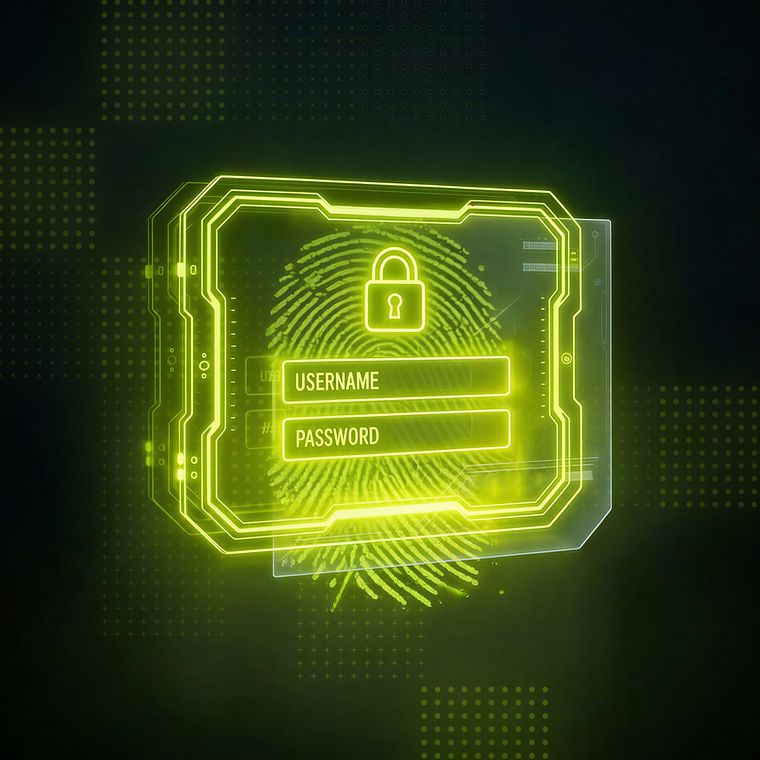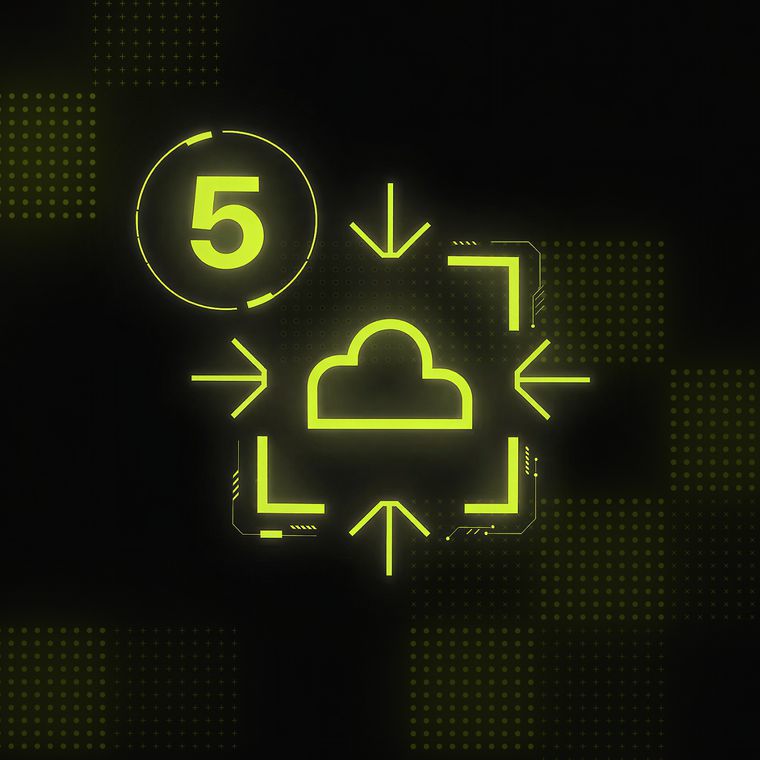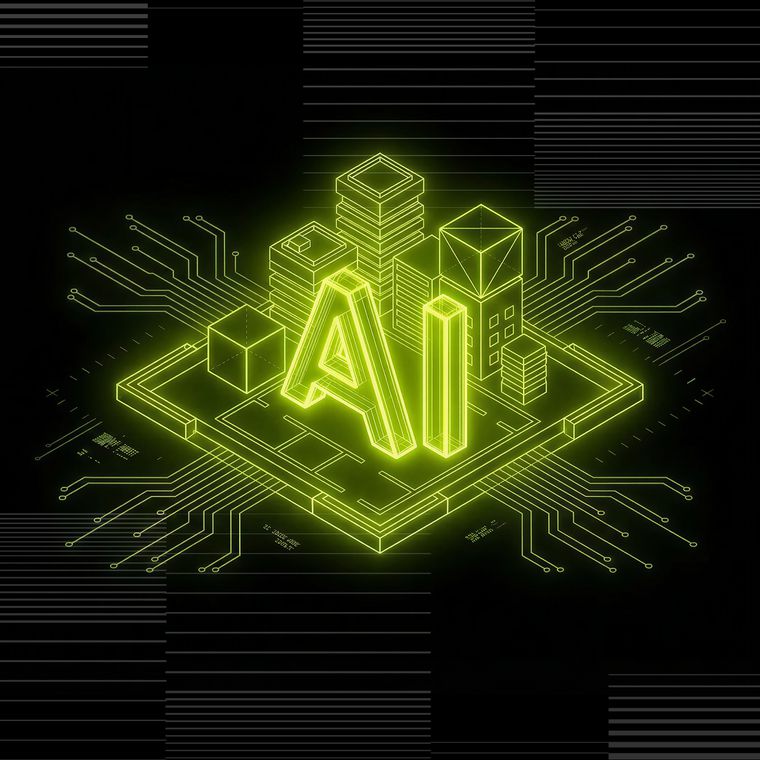From Quantum Fears to LEGO Bricks: What Security Leaders Shared on SOC Unlocked Season 2 (So Far)
From AI to awareness, learn what today’s top SOC leaders revealed on SOC Unlocked about culture, curiosity, and the future of cybersecurity.
November 3, 2025
/
10 min read

Halfway through Season 2 of SOC Unlocked: Tales from the Cybersecurity Frontline, host Mick Leach has already unpacked what defines modern security operations in the age of AI. From government CISOs to ethical hackers and SOC leaders, his guests reveal a consistent truth that the next era of cybersecurity will be human-led, AI-enhanced, and powered by relentless curiosity.
Across five episodes, these conversations chart how people, process, and technology intersect to defend organizations at machine speed—without losing the human intelligence that makes it all work. Here are ten lessons from the season so far.
1. The Path to Cyber Leadership Is Rarely Linear
In the premiere, Patricia Titus, Field CISO at Abnormal AI, shared her journey from Morse-code operator in the U.S. Air Force to one of the first federal CISOs at the Transportation Security Administration.
Her biggest lesson: you have to ask for what you want.
“If you think people will see what a great job you’re doing and promote you, that’s not how the world works. You have to ask.”
Titus’s story reminds us that cybersecurity leadership isn’t a straight line. It’s built on risk, resilience, and the courage to speak up. Whether you start in IT, intelligence, or an entirely different field, curiosity and persistence matter more than pedigree.
2. AI Is Transforming Security, But Humans Still Lead the Way
Every guest this season agreed that AI is changing how security teams operate, but not why they exist.
As Lisa Tetrault, Senior Vice President of Security Services at Arctic Wolf, put it:
“Let’s not get ahead of our skis. AI is a fantastic tool, but it’s not replacing humans anytime soon.”
AI can triage alerts and surface patterns faster than any analyst, but interpretation still requires human context. The best SOCs use AI to augment people, not replace them, accelerating decisions while preserving accountability and ethics.
3. Culture Is the First Line of Defense
Technology may harden systems, but culture protects people.
Tetrault described how Arctic Wolf combats burnout and builds belonging through intentional scheduling, variety in work, and creative recognition programs—from analyst certification paths to a LEGO-brick rewards system.
“Culture isn’t an Easy-Bake Oven. You can’t just do it once and be done—you have to lean in, every single day.”
The SOC is a community. When culture thrives, so does resilience.
4. Automation Should Simplify, Not Replace
Steven Dumolt, Security Engineer at Veeva, has lived the realities of SOC automation. His philosophy is pragmatic: automate repetitive tasks but keep humans in the loop for critical calls.
“Data collection should always be automated. But when it comes to making decisions, that’s still a human call.”
Automation should reduce friction, not remove judgment. The right balance lets analysts focus on analysis, not mechanics—turning automation into a force multiplier rather than a substitute for expertise.
5. Burnout Is a Security Risk—Not Just a Human One
Recognizing that exhaustion undermines accuracy, Dumolt’s team embeds recovery and rotation into their operations—mixing roles across incident response, engineering, and threat hunting, and using informal “Zoom coffee” chats to stay connected. After all, in security, small details often separate defense from disaster.
As both Dumolt and Tetrault stressed, well-being equals performance. A sustainable SOC is a secure SOC. Investing in people’s energy is as vital as investing in new detection technology.
6. Fundamentals Still Win
Marty McDonald, Principal Domain Advisor at Optiv, has spent decades modernizing SOCs. His verdict: the most advanced teams never abandon the basics.
“We talk a lot about shiny new tools, but the fundamentals still win. If we don’t get those right, the rest doesn’t matter.”
McDonald argues that maturity isn’t about adopting every new platform—it’s about consistent refinement of processes, metrics, and playbooks. From well-run tabletop exercises to clear governance, fundamentals turn chaos into control.
7. The SOC Is a Storytelling Engine
McDonald also reframed the SOC’s mission: to turn data into stories that drive decisions.
“The ability to tell a story with data, whether through metrics or the attack chain, is what separates an effective SOC from a reactive one.”
Numbers alone don’t persuade boards or inspire analysts. Context does. When metrics explain risk reduction in human terms—hours saved, breaches avoided, trust preserved—they transform from dashboards into dialogue.
8. To Outsmart Attackers, You Have to Think Like One
Ethical hacker and author FC (Freaky Clown) brought equal parts adrenaline and insight to Episode 5. From bypassing 330 security cameras to accidentally stealing a gold bar, his stories entertained, but his purpose is education, not spectacle.
“People think I’m there to make them look bad. I’m there to show them how things really work. The goal isn’t embarrassment—it’s awareness.”
FC’s message is that curiosity and transparency drive progress. By understanding how attackers think, defenders learn to design systems that fail safely and recover quickly.
9. Trust Can Be the Weakest Link and the Strongest Asset
Across multiple episodes, trust was a recurring theme. FC warned that misplaced trust enables both physical and digital breaches. Tetrault showed that earned trust sustains teams through long nights. Titus proved that trusting your instincts propels careers forward.
Security collapses without trust, but it also can’t thrive without it.
The key is discernment: trusting data and people for the right reasons, and questioning both when necessary.
10. Curiosity Is the Most Powerful Security Tool
More than any technology or title, every guest credited curiosity as the trait that sustains great defenders.
“Question everything. That’s where you find the answers.” — FC
Curiosity drives experimentation, fuels learning, and bridges disciplines. It turns compliance checks into investigations and postmortems into innovation. As AI accelerates routine work, curiosity will define the analysts who adapt and the leaders who endure.
The Common Thread: Human Ingenuity in the Age of AI
Five episodes in, one idea ties the season together: the future of cybersecurity belongs to humans who understand behavior as deeply as they understand technology. Each guest demonstrated how understanding people, whether employees or adversaries, remains the cornerstone of effective defense.
AI may analyze faster, but empathy, ethics, and experience still decide outcomes. And that’s the paradox of progress: the more we automate, the more human judgment matters.
Catch up on the latest episodes of SOC Unlocked today! And remember to stay sharp, stay curious, and keep defending.
Related Posts
Get the Latest Email Security Insights
Subscribe to our newsletter to receive updates on the latest attacks and new trends in the email threat landscape.


